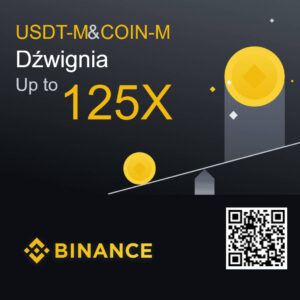Rate Dock 0,00 EUR
Change (24h): 0,00%
Calculator DOCK / EUR
How is 1 Dock?
| DOCK | 0 EUR | |
| EUR | 0 DOCK |
Team
- No data
Another prices
- LEG 0.94 PLN 0,00%
- XTZ 2.22 PLN 11,00%
- ETH 2739.69 EUR -0,68%
- GAME 0.11 EUR 0,00%
- NAP 1.5 PLN 0,00%
- WTC 0.0103 USDT 0,00%
- BTC 79460.9 EUR -0,23%
- FTM 0.6994 USDT 0,00%
- QTUM 0.00001628 BTC 0,00%
- TRXUP 0.03854 USDT 0,00%
Do you know how buy Dock?
Description
Do you have account on KryptoBot?



